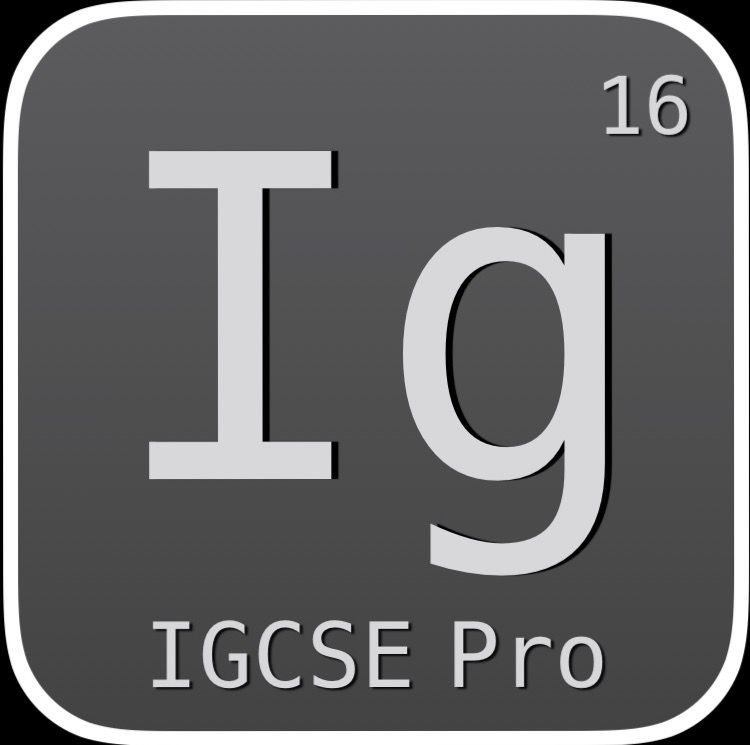Indicative Verbs

Learning Objectives
By the end of this lesson, you will be able to:
- Conjugate regular French verbs in five different tenses
- Understand when to use each tense
- Apply the correct endings for -ER, -IR, and -RE verbs
- Use the perfect and pluperfect tenses correctly with avoir and être
1. Present Tense (Le Présent)
What is it?
The present tense describes actions happening now or general truths.
How to form it:
- Remove the infinitive ending (-er, -ir, -re)
- Add the appropriate ending based on the subject and verb type
Conjugation Table:
| Subject | -ER verbs | -IR verbs | -RE verbs |
|---|---|---|---|
| Je | -e | -is | -s |
| Tu | -es | -is | -s |
| Il/Elle/On | -e | -it | -t |
| Nous | -ons | -issons | -ons |
| Vous | -ez | -issez | -ez |
| Ils/Elles | -ent | -issent | -ent |
Examples:
PARLER (to speak) - ER verb:
- Je parle (I speak)
- Tu parles (You speak)
- Il/Elle parle (He/She speaks)
- Nous parlons (We speak)
- Vous parlez (You speak - formal/plural)
- Ils/Elles parlent (They speak)
FINIR (to finish) - IR verb:
- Je finis (I finish)
- Tu finis (You finish)
- Il/Elle finit (He/She finishes)
- Nous finissons (We finish)
- Vous finissez (You finish)
- Ils/Elles finissent (They finish)
VENDRE (to sell) - RE verb:
- Je vends (I sell)
- Tu vends (You sell)
- Il/Elle vend (He/She sells)
- Nous vendons (We sell)
- Vous vendez (You sell)
- Ils/Elles vendent (They sell)
2. Imperfect Tense (L'Imparfait)
What is it?
The imperfect tense describes:
- Past habits or repeated actions
- Ongoing actions in the past
- Descriptions in the past
How to form it:
- Take the "nous" form of the present tense
- Remove -ons to get the imperfect stem
- Add imperfect endings (same for all verb types!)
Imperfect Endings:
| Subject | Ending |
|---|---|
| Je | -ais |
| Tu | -ais |
| Il/Elle/On | -ait |
| Nous | -ions |
| Vous | -iez |
| Ils/Elles | -aient |
Examples:
PARLER:
- Nous parlons → parl- (stem)
- Je parlais (I was speaking/used to speak)
- Tu parlais, Il parlait, Nous parlions, Vous parliez, Ils parlaient
FINIR:
- Nous finissons → finiss- (stem)
- Je finissais (I was finishing/used to finish)
- Tu finissais, Elle finissait, Nous finissions, Vous finissiez, Elles finissaient
VENDRE:
- Nous vendons → vend- (stem)
- Je vendais (I was selling/used to sell)
- Tu vendais, On vendait, Nous vendions, Vous vendiez, Ils vendaient
3. Perfect Tense (Le Passé Composé)
What is it?
The perfect tense describes completed actions in the past.
How to form it:
Auxiliary verb (avoir or être) + past participle
Past Participle Formation:
| Verb Type | Ending | Example |
|---|---|---|
| -ER verbs | -é | parlé |
| -IR verbs | -i | fini |
| -RE verbs | -u | vendu |
Which auxiliary verb to use?
MOST verbs use AVOIR:
- J'ai parlé (I spoke/have spoken)
- Tu as fini (You finished/have finished)
- Il a vendu (He sold/has sold)
Special verbs use ÊTRE (DR & MRS P VANDERTRAMP):
- Devenir (to become)
- Rester (to stay)
- Monter (to go up)
- Revenir (to come back)
- Sortir (to go out)
- Partir (to leave)
- Venir (to come)
- Aller (to go)
- Naître (to be born)
- Descendre (to go down)
- Entrer (to enter)
- Retourner (to return)
- Tomber (to fall)
- Rentrer (to go back in)
- Arriver (to arrive)
- Mourir (to die)
- Passer (to pass by)
Important Rule with ÊTRE:
When using être, the past participle must agree with the subject:
- Masculine singular: no change
- Feminine singular: add -e
- Masculine plural: add -s
- Feminine plural: add -es
Examples:
With AVOIR:
- J'ai mangé (I ate)
- Nous avons choisi (We chose)
- Elles ont perdu (They lost)
With ÊTRE:
- Je suis allé(e) (I went)
- Elle est partie (She left)
- Nous sommes arrivé(e)s (We arrived)
- Elles sont mortes (They died - feminine plural)
4. Future Tense (Le Futur Simple)
What is it?
The future tense describes actions that will happen.
How to form it:
- Take the infinitive (for -er and -ir verbs)
- For -re verbs, remove the final -e first
- Add future endings
Future Endings:
| Subject | Ending |
|---|---|
| Je | -ai |
| Tu | -as |
| Il/Elle/On | -a |
| Nous | -ons |
| Vous | -ez |
| Ils/Elles | -ont |
Examples:
PARLER:
- Je parlerai (I will speak)
- Tu parleras (You will speak)
- Il parlera (He will speak)
- Nous parlerons (We will speak)
- Vous parlerez (You will speak)
- Ils parleront (They will speak)
FINIR:
- Je finirai (I will finish)
- Elle finira (She will finish)
VENDRE (remove -e first: vendr-):
- Je vendrai (I will sell)
- Nous vendrons (We will sell)
5. Pluperfect Tense (Le Plus-que-parfait)
What is it?
The pluperfect describes actions that happened before another past action. It's like "had done" in English.
How to form it:
Imperfect tense of avoir or être + past participle
Examples:
With AVOIR:
- J'avais mangé (I had eaten)
- Tu avais fini (You had finished)
- Il avait vendu (He had sold)
With ÊTRE (remember agreement rules!):
- J'étais allé(e) (I had gone)
- Elle était partie (She had left)
- Nous étions arrivé(e)s (We had arrived)
Practice Exercises
Feeling confident? We recommend giving these mini-exercises a try to test your skills
Mini Exercise 1: Present Tense
Conjugate these verbs in the present tense:
- CHANTER (to sing) - je, nous, ils
- CHOISIR (to choose) - tu, elle, vous
- ATTENDRE (to wait) - il, nous, elles
Mini Exercise 2: Perfect Tense
Put these into the perfect tense:
- Je (manger) → J'ai mangé
- Elle (partir) → Elle est partie
- Nous (finir) → Nous avons fini
- Ils (aller) → Ils sont allés
Mini Exercise 3: Mixed Tenses
Identify the tense and translate:
- Je parlais français quand j'étais petit.
- Demain, nous irons au cinéma.
- Elle avait déjà mangé quand je suis arrivé.
Memory Tips
- For ÊTRE verbs: Remember "DR & MRS P VANDERTRAMP" - these are mostly movement verbs
- Agreement with ÊTRE: The past participle acts like an adjective - it must match the subject
- Future tense: Most English speakers find this easiest because it's very regular
- Imperfect vs Perfect: Imperfect = ongoing/habitual past; Perfect = completed past action
Common Mistakes to Avoid
- Forgetting agreement with être verbs
- ❌ Elle est allé
- ✅ Elle est allée
- Using wrong auxiliary verb
- ❌ Je suis mangé
- ✅ J'ai mangé
- Mixing up imperfect and perfect
- Use perfect for completed actions: "Je suis allé au magasin" (I went to the store)
- Use imperfect for ongoing/habitual: "J'allais au magasin chaque jour" (I used to go to the store every day)
This is the end of this revision guide. Thank you for using IGCSE Pro. If you don't know, this is part 1 out of part 15 on IGCSE French to cover all the essentials you need to know. Happy Revising!

